Microsoft warns of a large-scale AITM phishing attacks targeting over 10,000 organizations across the world.
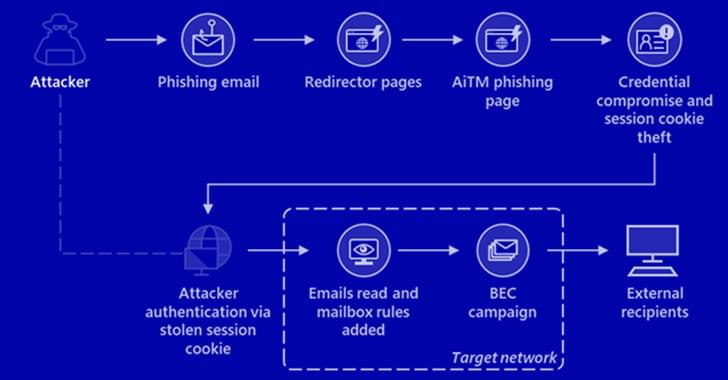

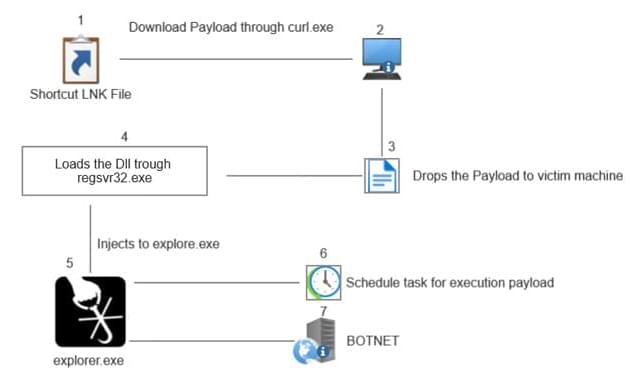
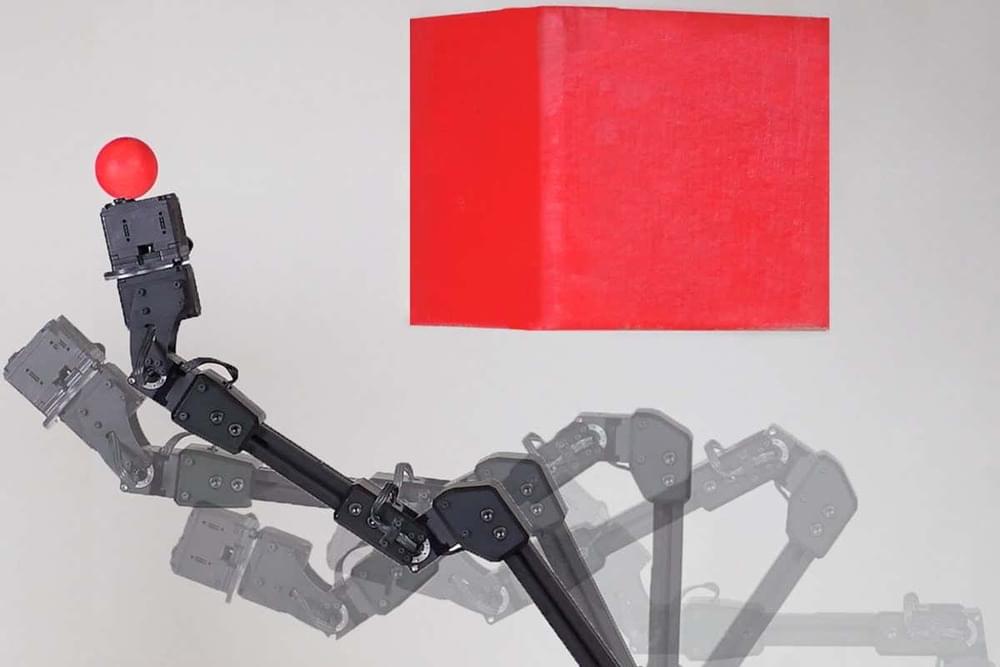
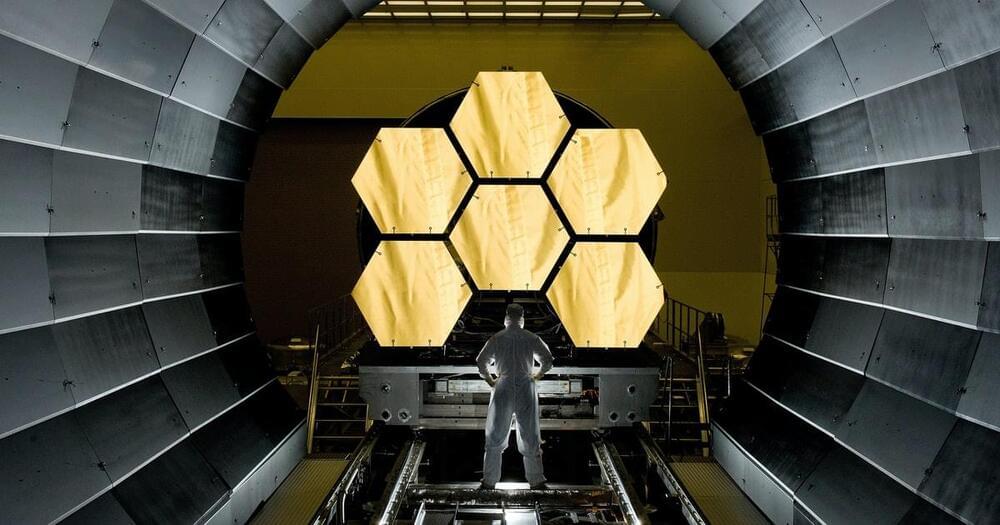
A team of researchers led by Virginia Tech’s Michael Bartlett have developed an octopus-inspired glove capable of securely gripping objects underwater. Their research was selected for the July 13 cover of Science Advances.
Humans aren’t naturally equipped to thrive in an underwater environment. We use tanks to breathe, neoprene suits to protect and warm our bodies, and goggles to see clearly. In such an environment, the human hand also is poorly equipped to hold onto things. Anyone who has tried to hold onto a wriggling fish will testify that underwater objects are difficult to grip with our land-dwelling fingers.
“There are critical times when this becomes a liability,” said Bartlett, an assistant professor in the department of mechanical engineering. “Nature already has some great solutions, so our team looked to the natural world for ideas. The octopus became an obvious choice for inspiration.”

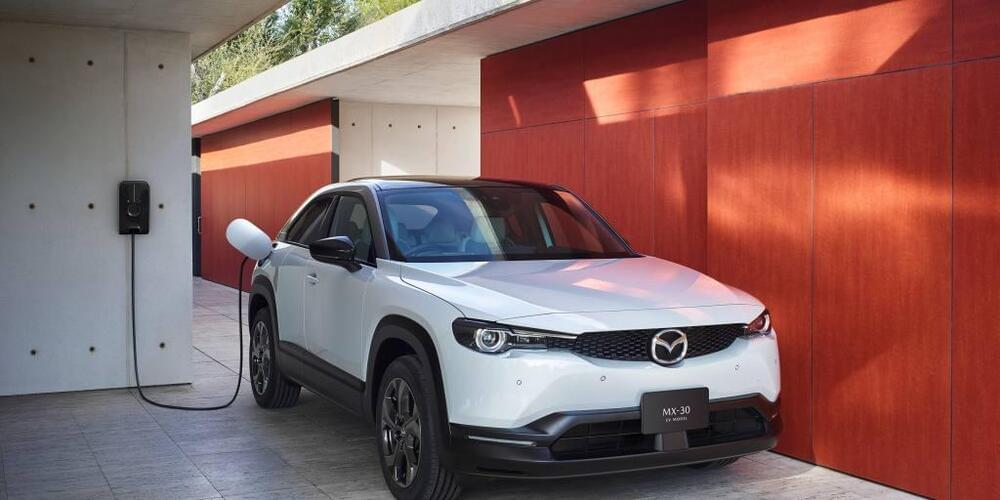
Automaker to release its MX-30 SUV equipped with the iconic motor later this year.
TOKYO — Mazda Motor is planning to revive its iconic rotary engine in a plug-in hybrid car by the end of this year as it attempts to simultaneously please fans and cope with tougher environmental rules in its main markets, such as Europe.
In short, we’re buying so much stuff that it’s becoming hard to get that stuff where it needs to be without undue negative impacts on infrastructure, transit networks, traffic, and ultimately, quality of life. People aren’t going to stop buying stuff, so how can we plan for a future where there’s more stuff being moved and our streets aren’t overwhelmingly clogged with semis and delivery vans (and the polluting emissions that come with them)?
A Swiss company has an idea—one that’s pretty original, a bit wacky, and maybe excessive. Or maybe it’s brilliant; you be the judge.
Underground cargo is the concept. It’s also, as it were, the name: Cargo Sous Terrain. In a network of subterranean tunnels, large pods ferry pallets of goods between various hubs. The pods are automated and electric, able to pick up and drop off loads from designated points, and the network would run constantly, like a conveyor belt in a factory.
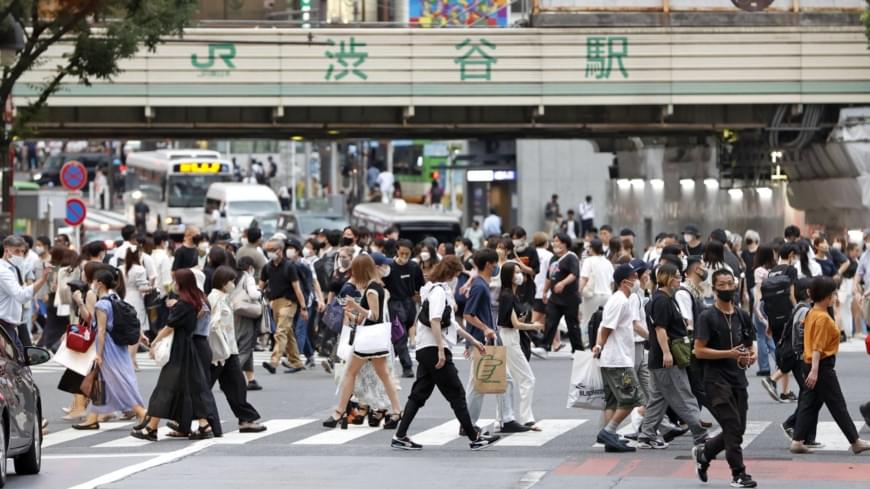
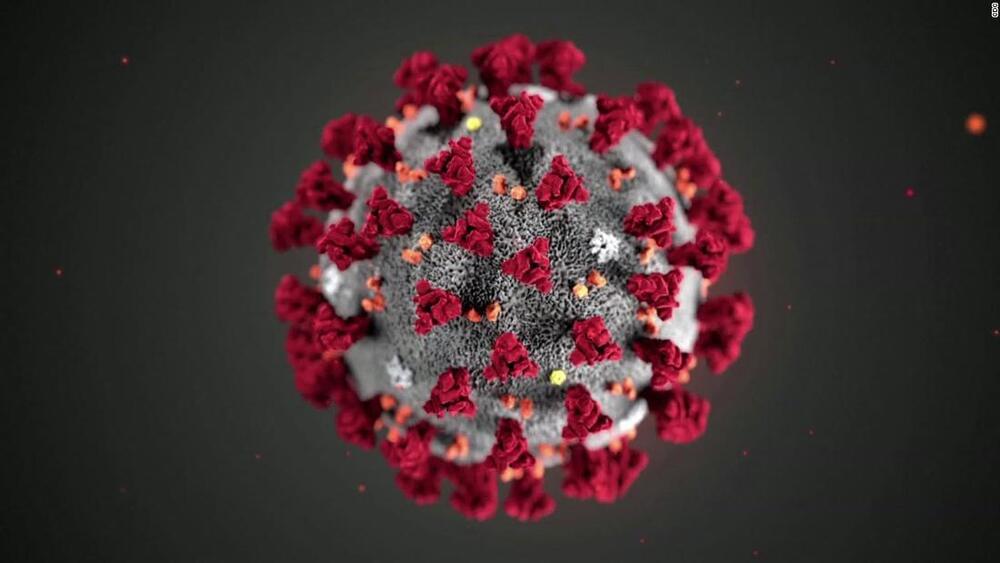
Nearly two-and-a-half years since the coronavirus pandemic began, the most infectious and transmissible variant yet has arrived.
Repeated Covid-19 waves have left millions of people dead, with only vaccines helping to blunt the toll. Now the virus is spreading again — evolving, escaping immunity and driving an uptick in cases and hospitalizations. The latest version of its shape-shifting, BA.5, is a clear sign that the pandemic is far from over.
The newest offshoot of Omicron, along with a closely related variant, BA.4, are fueling a global surge in cases — 30% over the past fortnight, according to the World Health Organization (WHO).